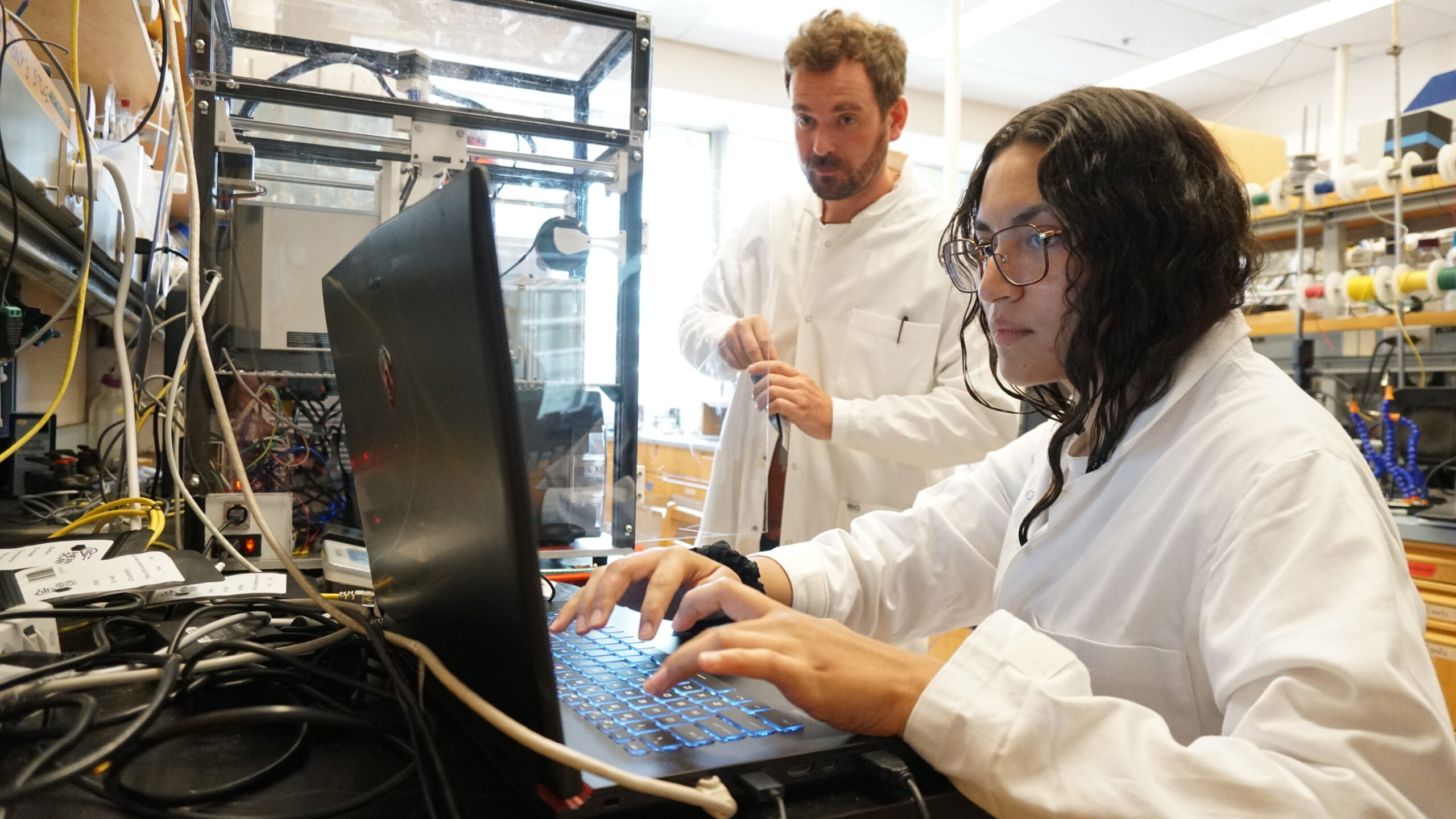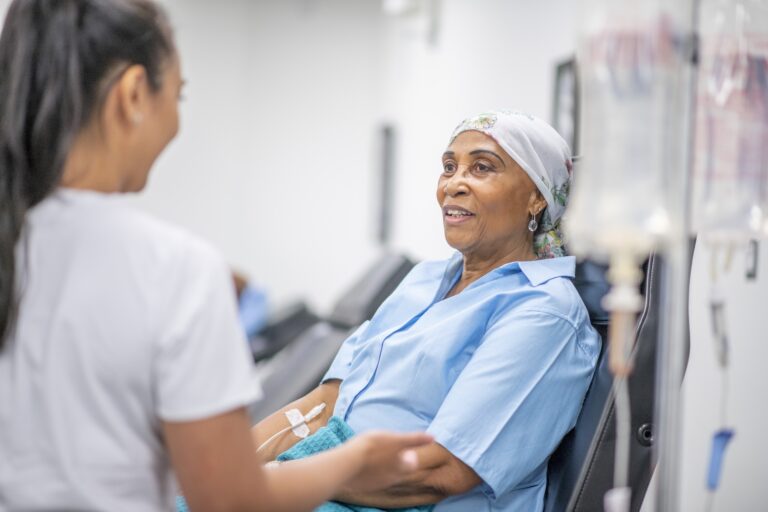The future of drug testing at festivals
UBC researchers are bringing a prototype drug testing robot to Shambhala Music Festival.

What if you could drop your drugs off at a vending machine that lets you know they’re safe in seconds, without any stigma?
UBC researchers will take one step closer to that goal this week when they take a prototype testing robot to Shambhala Music Festival in Salmo, B.C.
What is the future of drug testing?
Current portable testing techniques require technicians and can’t detect more than five compounds in a sample at a time, or specify the levels of any substance below five per cent.
The UBC prototype is portable, uses high-performance liquid chromatography—a laboratory-grade technique—and automates much of the checking process. The researchers will use the machine at Shambhala to identify and quantify some expected substances in samples, including fentanyl, in about 15 minutes. They’ll then compare this with results from traditional testing methods, as well as test the prototype’s portability and automation to see how it can be improved.
Why is this important?
Highly potent substances like carfentanil can be lethal in small amounts, so it’s important to know how much of it is present in a drug. Providing anonymous, low-barrier drug checking services could help save people’s lives, says Dr. Jason Hein, associate professor in UBC’s department of chemistry.
What’s next?
The team has set up a drop box at UBC, where users can place a sample of any substances they want tested for free. And they’ll continue their work on the robot with the aim of one day bringing it to market.
To read more, click here.
Interview language(s): English
Images and b-roll available for media here: www.bit.ly/Heinlab



